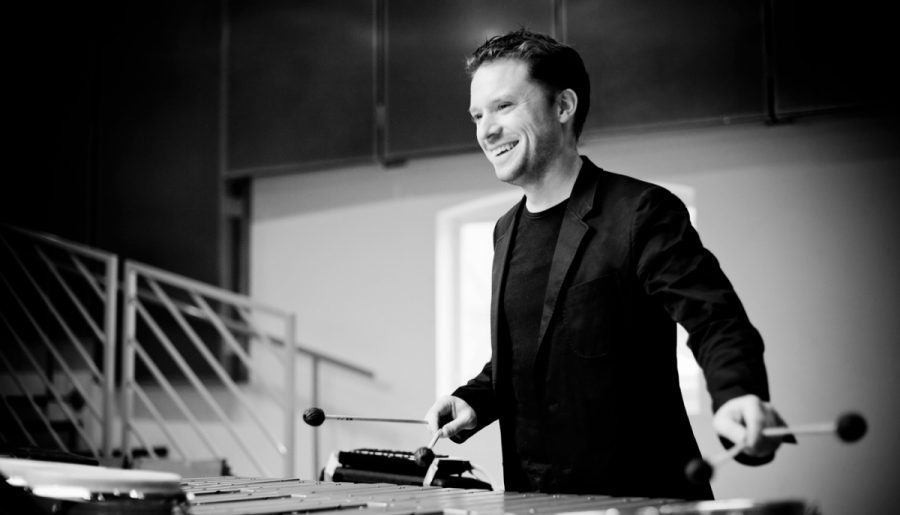It’s an unassuming brochure that announces the round-up of this year’s Edinburgh International Festival classical music programme. Visually, in fact, the brochure has just enough relaxed simplicity to ooze confidence in the gravity of the information it imparts. What we have here, it intones, is a programme that need not shout its merits from the rafters.
Except it does shout a little, by way of that less unassuming decision by incoming festival director Fergus Linehan to announce these concerts separately, ahead of the rest of the EIF performing arts programme.
Avid classical music fans – the ones who have become accustomed to treading the path between the Queen’s Hall (to sup lighter morning chamber-apéritifs) and the Usher Hall (to gorge on full evening concert-feasts) for the duration of the festival – should not be deterred in 2015. Their routine is safe: with a total of 49 concerts and recitals taking place, there is variety and aplomb aplenty.
Added to this usual pattern of delights are this year’s distinct, if not entirely adventurous slants; an emphasis on showcasing the Edinburgh Festival Chorus for their 50th Anniversary, first appearances of some fiery international soloists, and themes of love, money, morals and magic in the more programmatic music’s story-telling. Although these final themes are a little vague and all-encompassing, the unveiling of the remainder of the EIF programme may draw them in sharper and more interesting relief.
Scottish orchestras and soloists have certainly not been sidelined this year, with the BBC Scottish Symphony Orchestra, Scottish Chamber Orchestra, Royal Scottish National Orchestra and Scottish Opera all flaunting their wares. Scottish-born percussionist Colin Currie will make his debut playing James MacMillan in the Usher Hall, and then compound this treat with a percussive bonanza of 20th and 21st Century music – add an extra percussionist and two pianists – in the Queen’s Hall a week later. Old time Scottish favourite Nicola Benedetti will join forces with the Oslo Philharmonic (under Vasily Petrenko) to perform Glazunov’s violin concerto.
Other big name international soloists to note range from the flashy and flamboyant to those with hard-won reputations for their forged alliances with specific composers and repertoire. Firmly in this latter category is pianist Mistuko Uchida, who will bring her manifold experience to the service of Beethoven’s Diabelli Variations and Schubert’s Impromptus, D899. Angela Hewitt occupies similar ground in terms of the gravitas of her reputation, although her chosen programme strays from the Bach with which she is so often aligned to offer a distinctly Spanish-favoured mix.
Occasionally it is a relief to hold a tiny sub-section of a composer’s output up to the light to consider its detail, character and merits in the simplest of surroundings – silence. Two of the recitals in The Queen’s Hall series display this type of special attention to concentrated fragments of repertoire; baroque specialist Richard Egarr will examine a selection of French and English suites by Bach, and Greek violinist Leonidas Kavakos and Chinese pianist Yuja Wang will together consider Brahms’s three violin sonatas. There are a couple of female composers’ works hidden away in the roster for this series too (tenor James Gilchrist will sing Four Songs from Hafez by Sally Beamish, and Christine Brewer will explore some leider by Clara Schumann), although it would be a forgivable slip to miss these without thoroughly scouring that modestly staid brochure. Overall, not the most intrepid of line-ups, but a full-blooded one nonetheless.
For the full programme see www.eif.co.uk/music or follow @edintfest on Twitter
